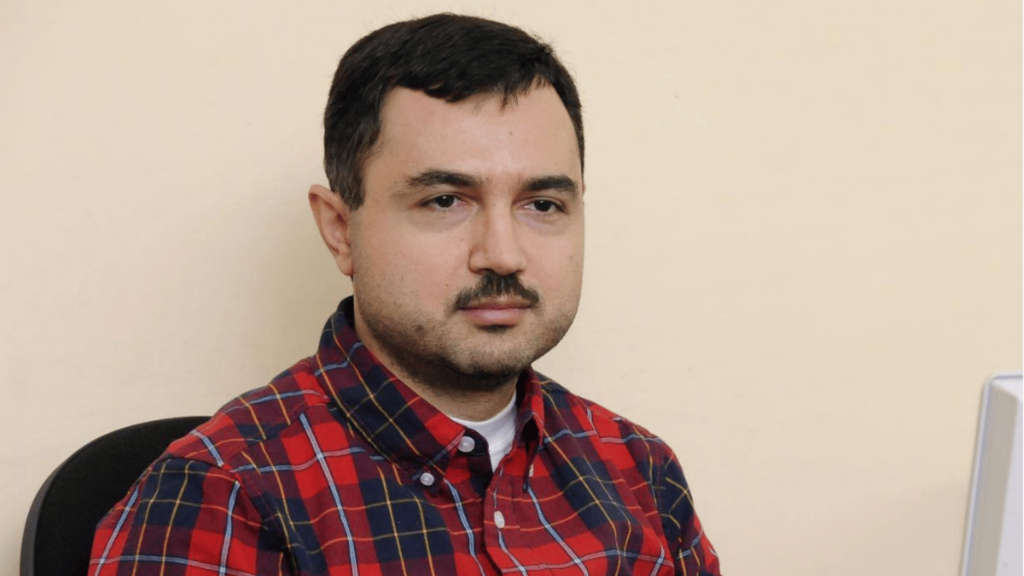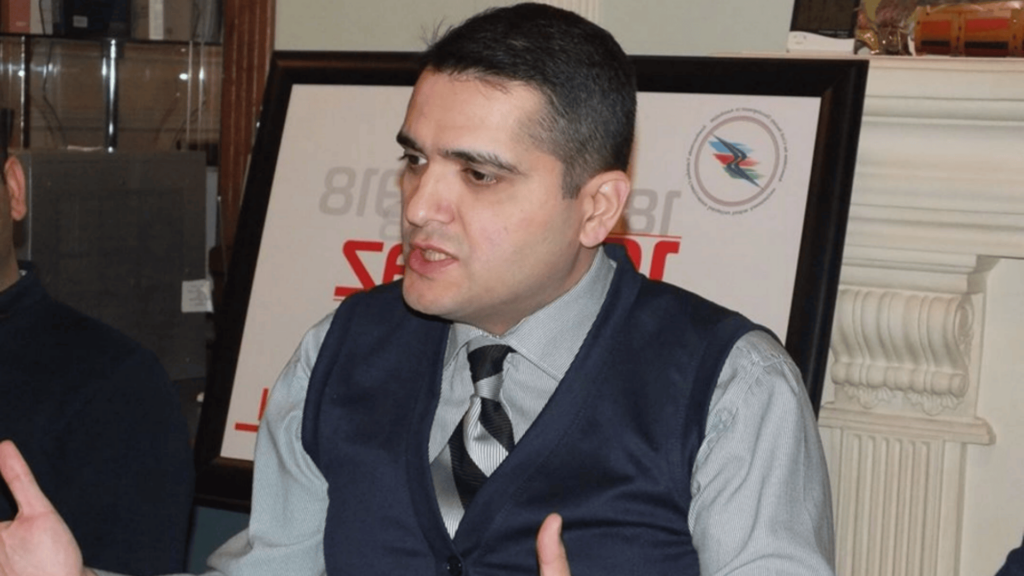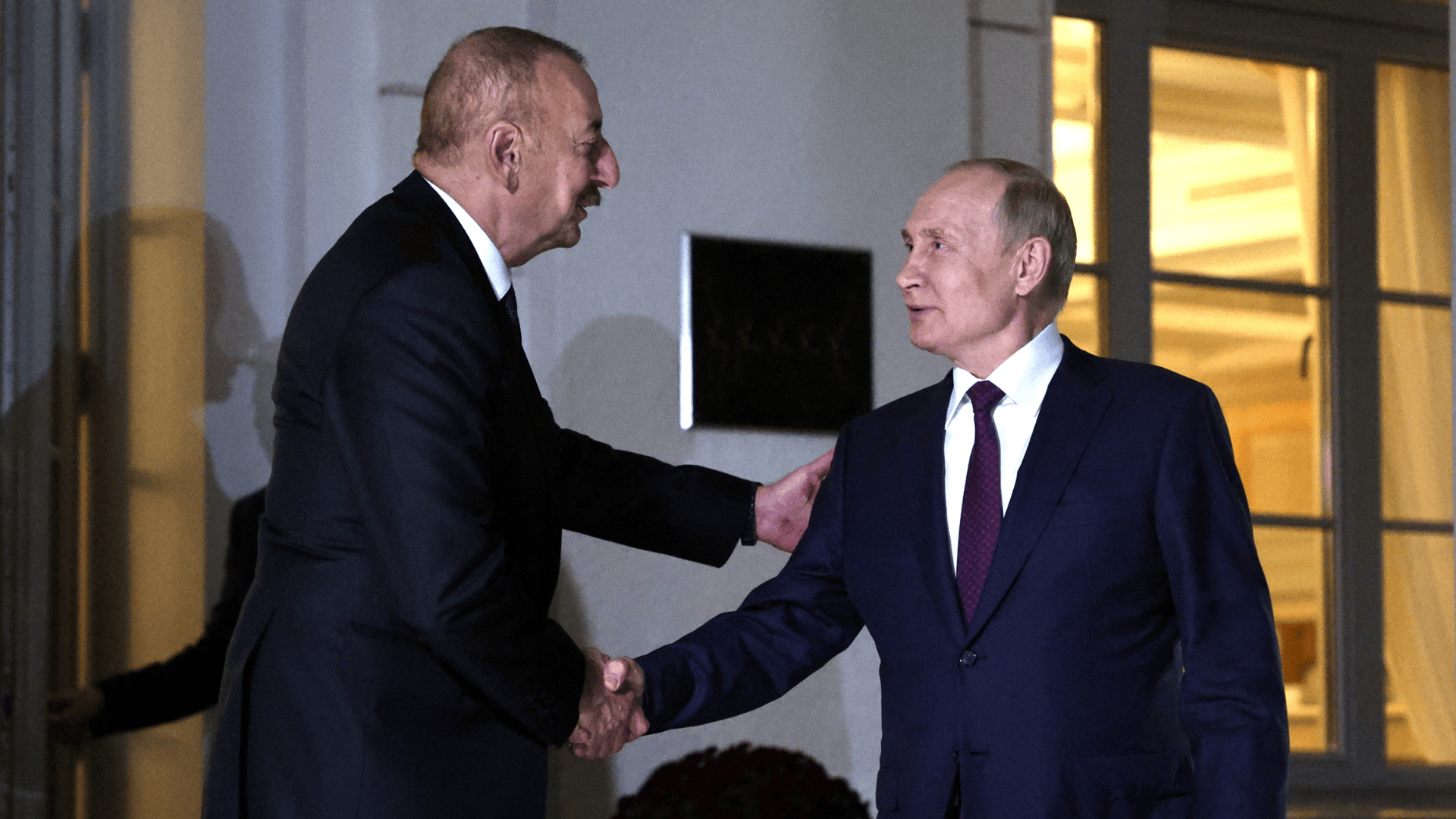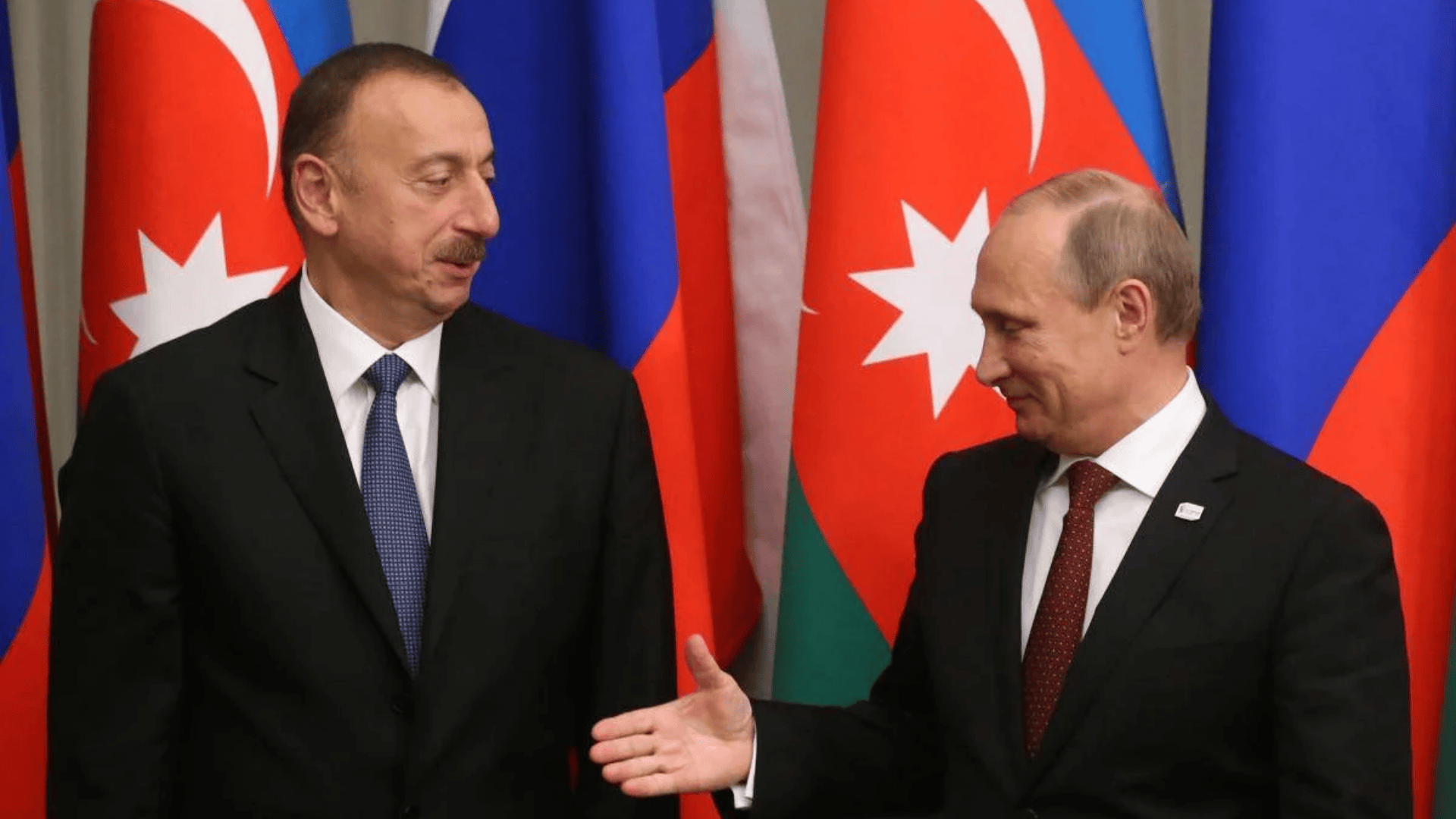“Amid tensions with Russia, Azerbaijan should step up support for Ukraine", experts in Baku say
Azerbaijan support for Ukraine
Russian strikes on Ukraine’s Odesa region hit an oil depot owned by SOCAR and a compressor station used to transport Azerbaijani gas into the country. Political analyst Shahin Jafarli described the attacks as both a warning to Azerbaijan and a blow to its economic interests.
“The strike on SOCAR’s oil depot and the gas compressor station in Odesa should be seen as a warning to Azerbaijan, as well as a hit to its economic interests,” Jafarli said.
He added that the recent contamination of Azerbaijan’s export oil was unlikely to be a technical fault: “It also makes sense to view the contamination in this context” — suggesting it was not an accident, but a deliberate act of sabotage.
“Russia continues to target Azerbaijan indirectly,” he said.
“Russia may also be added to those using the Zangezur route”

Independent political analyst Shahin Jafarli believes Moscow’s main aim is to keep Azerbaijan bound by the 10 November 2020 ceasefire statement.
In his view, Russia is now trying to force Azerbaijan to stay within the trilateral format set out in that document.
At the same time, Moscow expects relations to be aligned once again with the commitments set out in the 22 February 2022 alliance agreement. Against the backdrop of efforts to resolve the war in Ukraine, a thaw between the US and Russia could narrow the room for manoeuvre for both Azerbaijan and, inevitably, for Pashinyan’s government.
If this thaw continues and turns into rapprochement, it would not be surprising if a Russian company were added to the list of operators using the Zangezur route — and Russia’s presence there secured one way or another. If Vladimir Putin were to ask Donald Trump for such an arrangement, the answer would likely be positive.
“After the strike on SOCAR’s facility, the $2m aid to Ukraine is no coincidence”

Another political analyst, Elkhan Shahinoglu, head of the Atlas Research Center and seen as close to the government, takes a slightly different view.
He argues that Russia has deliberately targeted SOCAR’s petrol stations in Ukraine.
“The Kremlin is worried about energy cooperation between Azerbaijan and Ukraine and is trying to block it. But striking SOCAR’s fuel facilities in Ukraine will backfire. In response to this blackmail, Azerbaijan will deepen cooperation with Ukraine in every sector.
It’s no coincidence that after Russia first carried out a missile strike on a SOCAR fuel site in Odesa, Azerbaijan’s president, Ilham Aliyev, told his Ukrainian counterpart, Volodymyr Zelensky, during a phone call that Baku would provide an additional $2 million in aid.”
Shahinoglu adds that, despite Russia’s warning, official Baku could change its policy if there are further attacks.
“Azerbaijan could lift its self-imposed embargo on supplying weapons and military equipment to Ukraine. If the Kremlin, ignoring Baku’s warning, decides to strike a SOCAR fuel facility again, Azerbaijan may also put military cooperation with Ukraine on the table.
Russia’s missile strikes on SOCAR fuel facilities in Ukraine reduce to zero the chances of normalising relations with Azerbaijan; on the contrary, tensions are rising. This means the Kremlin is not interested in normalisation.”





















